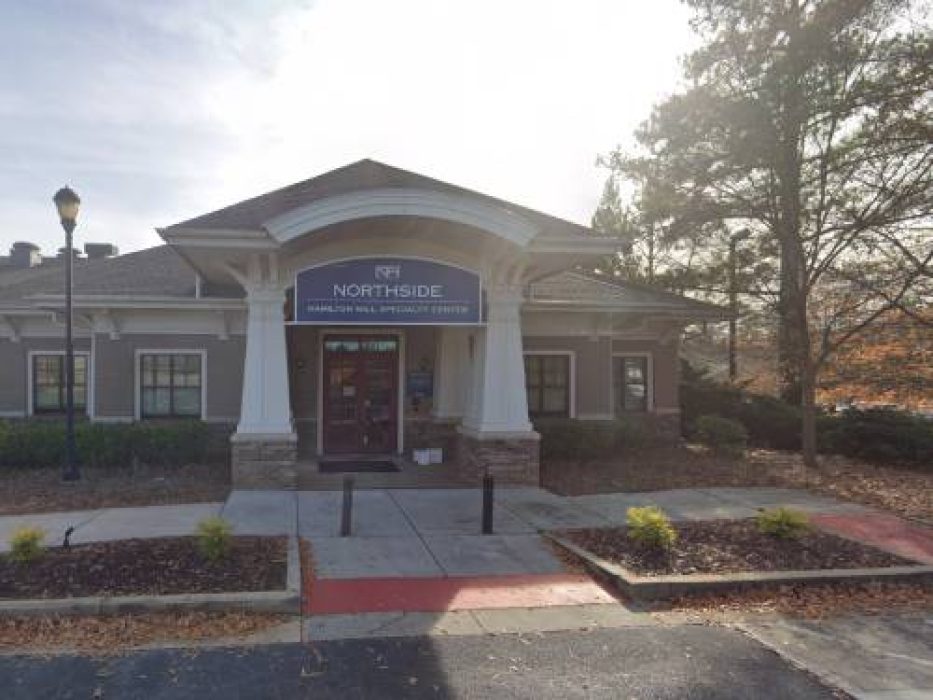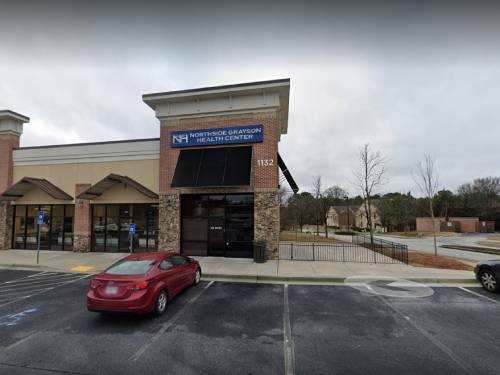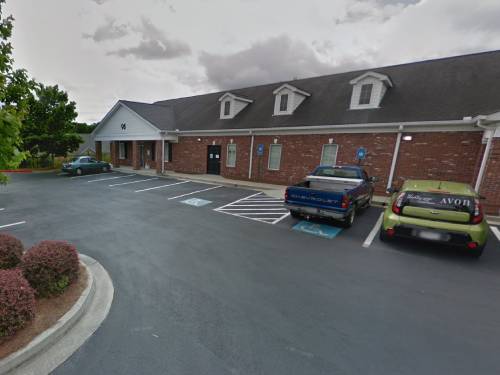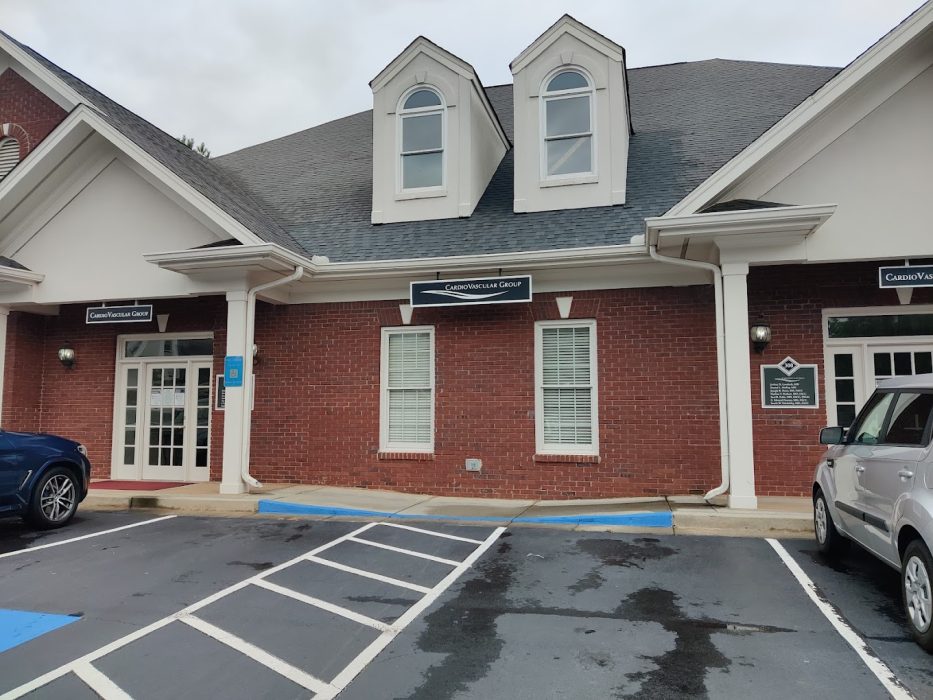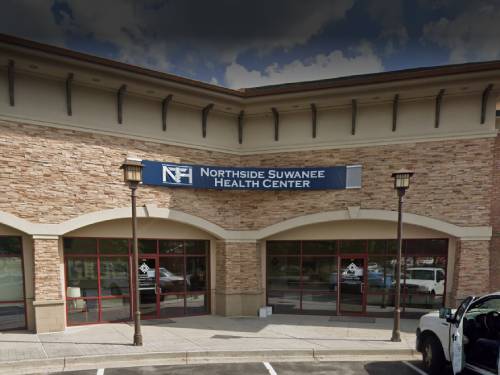CARDIAC MRI
Lorem ipsum dolor sit amet, consectetur adipiscing elit.

Cardiac MRI Testing and Treatment Uses
If you have a suspected heart problem or are monitoring ongoing issues, your doctor may recommend getting cardiac Magnetic Resonance Imaging (MRI). A cardiac MRI is a medical imaging test that uses powerful magnets and radio waves to create pictures of the heart. This test can help doctors find out what is causing problems with the heart and plan treatments.
If you have heart problems, your doctor may recommend a cardiac MRI. Understanding what it is and how it can help you before you get the imaging test done is beneficial and may also ease some anxiety.
You may have heard about MRIs before, but did you know there’s a specialized version just for your heart? A cardiac MRI can give you and your doctor an incredibly detailed look at your heart. It is a painless, non-invasive test that provides important information about your heart’s structure and function.
When you visit our Atlanta heart doctors for a cardiac MRI, you take a proactive step toward understanding and protecting your heart health. This advanced imaging technique uses strong magnets and radio waves to create clear, precise images of your heart and blood vessels. Unlike X-rays or CT scans, it doesn’t use radiation, making it a safe option for most people.
During the procedure, you’ll lie on a table that slides into a large, tube-shaped machine. The MRI captures images of your heart from different angles, allowing your doctor to see its size, shape, and function. It can reveal potential issues that other tests might miss, such as damaged heart muscle, blocked arteries, or problems with your heart valves.
A cardiac MRI can detect early signs of heart disease, even before you experience any symptoms. It can identify areas of reduced blood flow, inflammation, or scar tissue that could indicate a past heart attack or other cardiac issues. This information is crucial for developing a personalized treatment plan and preventing future complications.
By visiting our Atlanta heart doctors for a cardiac MRI, you’re not just reacting to health concerns–-you’re staying ahead of them. It’s an excellent way to establish a baseline for your heart health, especially if you have risk factors like high blood pressure, diabetes, or a family history of heart disease.
Schedule your cardiac MRI with our experienced team of cardiologists in Atlanta. It’s a simple, painless step that could help you understand and protect your heart health for years.
Read more about cardiac MRI tests and how CVG provides comprehensive cardiac care.
What is a Cardiac MRI?
There are multiple types of MRIs. Some standard diagnostic tests include functional MRIs, angiography, venography and cardiac MRIs. The non-invasive and painless cardiac MRI machine uses a strong magnetic field and radio waves to produce clear images inside and around the heart.
This type of MRI is taken with or without contrast, meaning the image will either be in black and white or have some color in a particular location. A contrast, or dye injected intravenously, allows radiologists to get a better quality MRI picture and allows for accuracy in diagnosis when attempting to identify a problem. Radiology experts say, “If the doctor requires a highly detailed image to assess a specific problem area within your body, they’ll typically order the contrast agent.” However, not all cardiac MRIs require contrast.
The MRI machine itself looks like a giant tube. Once you lay down on the moveable platform and are ready to go, the platform will slide into the “hole” or space inside the MRI machine. Depending on the situation, the technician might place sticky electrodes on your chest to monitor your heartbeat and breathing while in the machine.
Aside from the inconvenience of lying still for half an hour to an hour while in a loud machine, a cardiac MRI is entirely painless. The benefits of this type of MRI outweigh the minor annoyance of needing to get one done.
Who Might Need a Cardiac MRI?
A cardiologist may order a cardiac MRI for various reasons. If you’re in this position, your doctor may suspect something due to your symptoms, or you might be following up on or monitoring a pre-existing condition. Either way, a cardiac MRI is a relatively common practice.
The following is a list of common cardiac conditions or problems a cardiac MRI can help identify and diagnose; however, there may be other reasons to need diagnostic imaging.
- Chest pain, shortness of breath, or fainting
- An enlarged heart
- Thickening of the heart muscle
- Heart failure
- Heart muscle damage, inflammation, infiltration, and infection
- Heart valve disease, including leaky valves, narrowed valves, and
- prosthetic valves
- Heart disease
- Abnormal iron deposition
- Torn, narrow, dilated, or inflamed aorta
- Diseases that affect your pericardium (the tissue or sac around your heart)
- Cancer and other masses
- Congenital heart issues you’ve had since you were born
Risks and Benefits of a Cardiac MRI
One significant benefit of cardiac MRI is that it does not use radiation. This fact is especially beneficial to those who need a series of MRIs.
Radiologists also say:
- MR images of the heart are better than other imaging methods for certain conditions.
- MRI has proven valuable in diagnosing a broad range of conditions.
- MRI can detect abnormalities that might be obscured by bone with other imaging methods.
- MRI imaging can be used during specific interventional procedures.
On the other hand, there aren’t many risks involved, primarily since no radiation occurs during a cardiac MRI. The main dangers are sedation medications and gadolinium dyes, as some patients may react to either. Additionally, metal significantly disrupt the images and some metals can heat in the presence of the MRI machine, jewelry and piercings may need to be removed prior to imaging. Most pacemakers implanted in the last 10 years are MRI compatible, some implanted metallic devices may be a problem. It is best to tell your doctor if you have any metallic implants or metal fragments in your body.
No matter what, the radiologist technician will review the risks and benefits and answer any questions before beginning the cardiac MRI.
Conclusion
Cardiac MRIs an excellent tool to evaluate certain cardiac conditions. They are not used frequently, however there are certain cardiac conditions that they “outshine” other imaging technologies. If you have concerns about your lungs or heart, ask a reputable cardiologist, such as Gwinnett’s Cardiovascular Group, if a cardiac MRI suits you.
Why Choose CVG?
Related Conditions:
- Causes And Treatment For Heart Arrhythmia
- Causes And Treatment Of Pulmonary Stenosis
- Expert Insights on Cardiac Catheterization
- Expert Insights on Low Blood Pressure
- Exploring the Latest Advances in Atrial Fibrillation Treatment
- Dangerously high cholesterol?
- Get Your Blood Pressure Test Today!
- Understanding Electrical Cardioversion
- What Are ACE Inhibitors Used For?
- What foods are high in cholesterol?
- What Heart Flutters Can Mean
- What is Heart Failure & How to Treat it?
- What Is The Success Rate Of The Watchman Procedure?
Top Conditions:
- How long can someone live with an enlarged heart?
- Pros and Cons of the Watchman Device
- Risks and Complications of Cardiac Catheterization
- Side Effects Of The Watchman Device
- The Benefits of Cardiac Catheterization
- The Dangers Of High Blood Pressure
- The Dangers Of High Cholesterol
- The Watchman Implant Procedure
- Tips To Lower High Cholesterol
- Understanding Cardiac Catheterization
Call to Schedule an Appointment
Board-certified Doctors
CVG’s twenty board-certified heart doctors will guide you through your healthcare journey with the utmost compassion and individual attention. We aim to provide you with state-of-the-art cardiac care that includes the full spectrum of services, from testing to diagnosis and treatment. The doctor/patient relationship is built on trust. Through our combined efforts, we can conquer any challenge that comes our way.
Invasive therapies may also treat an abnormal heart rhythm, such as electrical cardioversion, which sends electrical impulses through your chest wall and allows normal heart rhythm to restart, or catheter ablation that disconnects the abnormal rhythm’s pathway. Suppose your doctor determines that electrical devices are the best course of action. In that case, you may be given a permanent pacemaker, an implantable cardioverter-defibrillator (ICD), or biventricular (B-V) pacemakers and defibrillators.
How CVG Can Help
CVG offers multiple services that can discover an enlarged heart or conditions that will lead to it. At CVG, we perform stress tests that will observe blood flow and test for various forms of heart disease. There are three types of stress tests that we perform:
- A treadmill test is a test in which you will walk on a treadmill that gets faster and steeper every 3 minutes. This will stress your heart so that our nurse or doctor can determine your heart rate and blood pressure.
- An echo test is performed before and after your treadmill test to determine how well your heart pumps blood.
- A nuclear stress test is a treadmill test that is prefaced by an injection of medicine that shows the flow of blood to your heart.
We also offer cardiac catheterization to diagnose and treat several heart issues. If any of these tests determine a problem, we offer treatment solutions such as atrial fibrillation testing and catheter ablation. Learn more about our services here, or schedule an appointment to talk to our doctors.
Schedule Your Appointment with a CVG Atlanta Area Cardiologist
Expertise, experience, and compassion are the pillars of CVG’s patient-centered cardiac care. Please schedule your appointment with CVG today. Call (770) 962-0399 or 678-582-8586. You may also request an appointment online. If you have an emergency, don’t contact us online; please call 911.
Locations That Treat CARDIAC MRI




